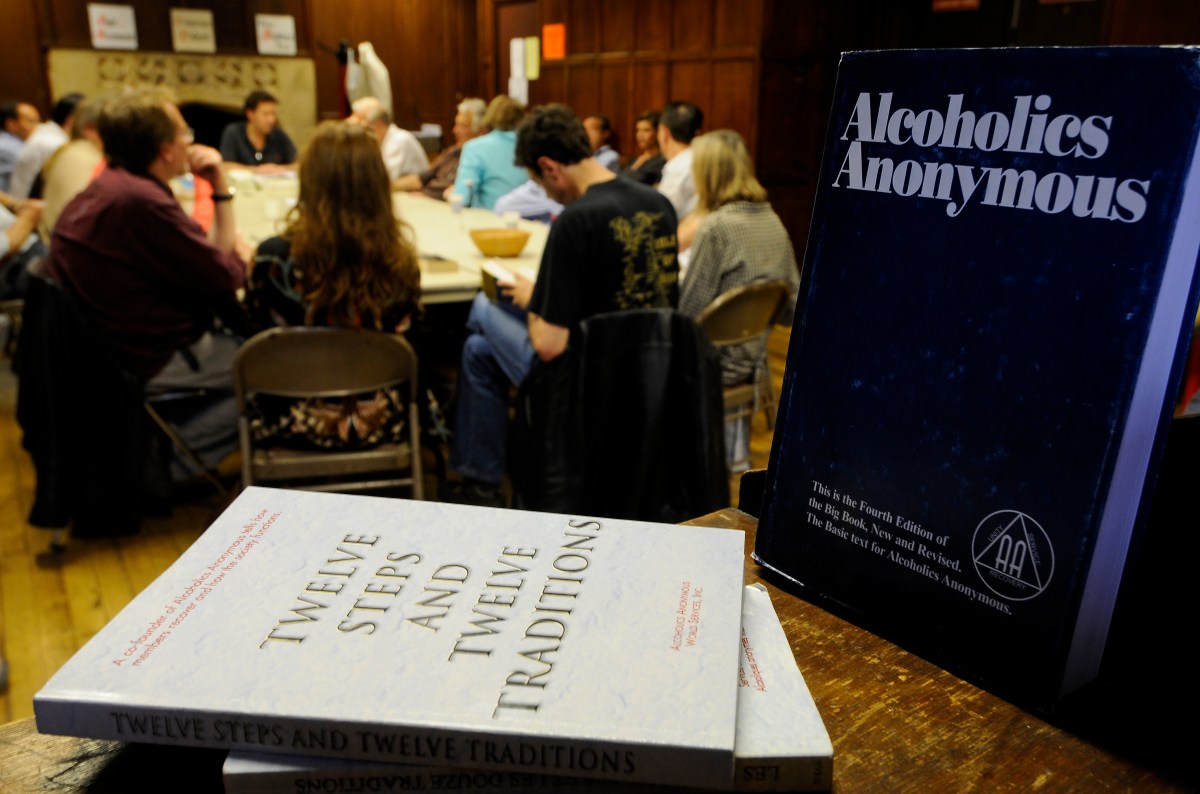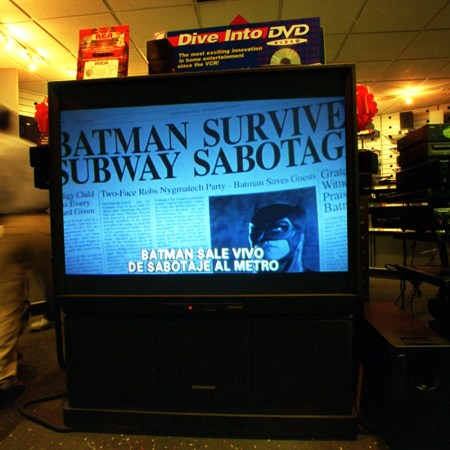Alcoholics Anonymous (AA) and its famous 12-step program have long been synonymous with addiction recovery treatment. Nearly a hundred years after its inception, however, AA seems to be falling out of favor among younger generations of addicts. A recent Cosmopolitan feature by Sara Gaynes Levy explored the alternative addiction recovery methods millennials are increasingly seeking in favor of the 12-step program.
According to AA’s 2014 membership survey, 75 percent of the organization’s members are over the age of 41. However, that doesn’t mean younger people aren’t seeking addiction treatment. Rather, Cosmopolitan suggests the decrease in AA representation among younger individuals reflects a cultural shift in millennials’ approach to sobriety.
The organization’s religion-driven model may be one reason AA isn’t resonating with younger generations, who are becoming increasingly secular. “The AA program hinges on turning your life over to a higher power,” Lance Dodes, MD, author of Breaking Addiction and a retired clinical professor of psychiatry at Harvard Medical School, told Cosmo. “But there are fewer and fewer people who get much out of that.” Recent Pew Research information indicates only 17 percent of millennial women believe in god, and reports have seen a rise in individuals claiming “no religion” since 2007.
AA’s infamous cold turkey method may also be to blame for waning interest among millennials. The program requires recovering addicts to quit alcohol for life, rendering any return to casual drinking a relapse. Younger recovering addicts may find the high stakes of this abstinence-only approach unnecessarily limiting and perhaps even detrimental to recovery.
Moreover, AA’s program fails to address any of the other psychiatric conditions that experts have confirmed often appear co-morbid with alcoholism, including anxiety, depression, mood disorders, PTSD and eating disorders, among others. Today’s addicts are increasingly seeking a less rigid, more individualized approach to addiction treatment that may include therapy and treatment for other related conditions.
Unsurprisingly, many young people are also turning to the internet as a resource in their recovery plans. One former addict told the magazine she found stronger and more reliable support at r/stopdrinking, a Reddit community of more than 180,000 members, than she did at AA meetings.
“I felt like I could really communicate with them, in a way I couldn’t at the meetings I’d been to,” she told Cosmo. “What was so magical about it was that it wasn’t one person, like a sponsor, or even a small group helping me. It was an outpouring. And it was instant.”
Editor’s Note: RealClearLife, a news and lifestyle publisher, is now a part of InsideHook. Together, we’ll be covering current events, pop culture, sports, travel, health and the world. Subscribe here for our free daily newsletter.
Thanks for reading InsideHook. Sign up for our daily newsletter and be in the know.



















